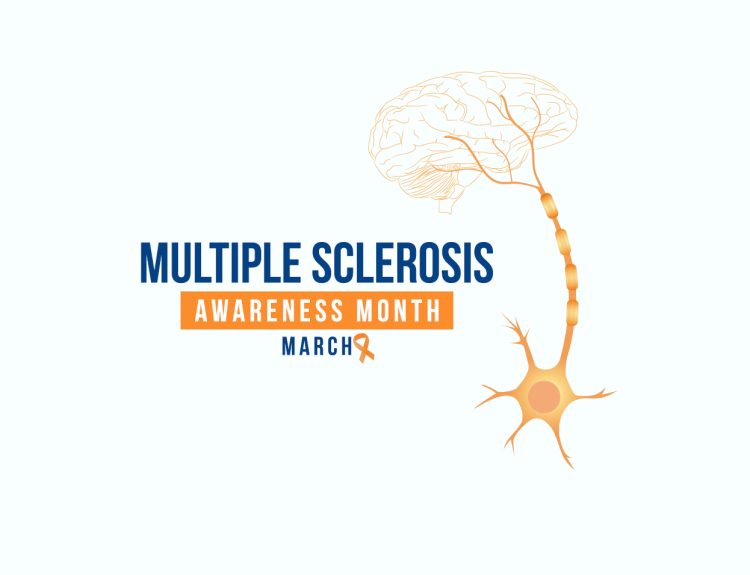Fecal microbiota transfer is performed by processing donor feces, screening it for disease causing viruses and bacteria, and then placing it into the participant’s gut. This helps to rebalance the gut microflora known as microbiome. A new study reveals a rather novel treatment for children suffering from the behavioral disorder autism. Fecal microbiota transfer is now being used for treating young people with autism.
Close link between gastrointestinal and neurological symptoms
Previous studies have shown connections between the bacteria and viruses that inhabit the gut and disorders of the brain. Most children who suffer from late-onset autism usually also suffer from chronic diarrhea or constipation [3]. This could be related to a lack of healthy bacterial strains in the gut and microbiota dysbiosis. Generally, individuals have thousands of different species of beneficial bacteria in their gut. Behavioral changes and gastrointestinal symptoms in autism are found to be closely linked and both showed significant improvement in a small group of children who underwent fecal transplant and subsequent treatment [2]. The aim of this study was to provide a better gut environment for the good bacteria to grow and destroy the bad bacteria.
Small study conducted to demonstrate the efficiency of fecal transplant
In this study, boys and girls between the ages of 7-16 were given a 2 week course of oral vancomycin to clean the entire gut and remove existing bacteria. This was followed by administering these participants’ healthy donor bacteria and viruses in oral or rectal form for 2 days as a liquid. This is a super-probiotic, which has 99% healthy bacteria. Over a period of 7 to 8 weeks that followed, these participants were given smoothies with a lower dose powder form.[2]
Results
The study consisting of only 18 children showed very positive and significant results which have been published in the journal Microbiome [2]. Within 5 weeks of this study, parents reported that diarrhea and stomach pain reduced by 82% and there was a marked improvement in behavioral symptoms of these children. Children experienced a 25% reduction in behavioral problems related to language, social interaction, and repetitive behaviors. Children were also less lethargic, irritable, and hyperactive. After 8 weeks, follow-ups were conducted, which demonstrated that their gut bacterial diversity was healthy as compared to their healthy peers. There was a significant improvement in bacterial diversity in the gut of the children with autism, which was comparable to other healthy children to the point that they were almost indistinguishable. The interesting interplay between viruses and bacteria demonstrated by genetic testing showed that they rebounded quickly and became almost similar to the donors micro biome. There was an increase in overall biodiversity especially bifidobacterium, prevotella and desulfovibrio strains were seen in abundance. These changes persisted even 8 weeks after therapy.[2]
No difference was seen in children who were given doses either orally or rectally. [2]
Still not FDA approved
This study however does not use any approved pharmaceutical therapy or cure for autism. Nonetheless, this breakthrough could possibly hold the potential for improving and saving many lives. Larger studies need to be conducted so that this could be understood more clearly, targeting certain types of bacteria and viruses. This could further lead to lab-engineered treatments tailor made for specific diseases.
Credit: Dr. Rachita on behalf of Borderless Access







2 Comments
What is acute gastroenteritis, and what are its symptoms?
5 years ago[…] Lastly, it would be best to avoid eating spicy and oily food to prevent further irritating the gastrointestinal […]
Acute Gastroenteritis in the holidays - MDForLives
4 years ago[…] Lastly, it would be best to avoid eating spicy and oily food to prevent further irritating the gastrointestinal […]